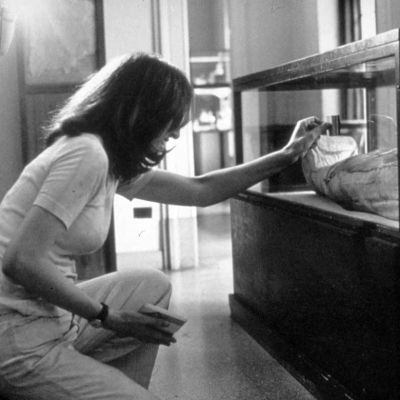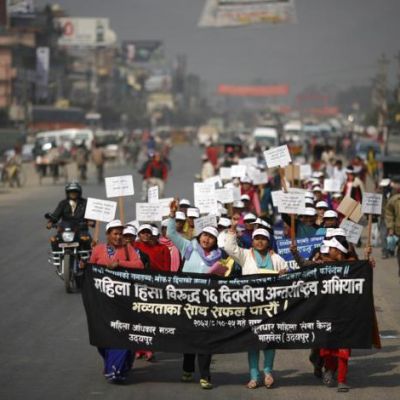Gender
It was the beginning of what has been called the Great Male Renunciation, which would see men abandon the wearing of jewellery, bright colours and ostentatious fabrics in favour of a dark, more sober, and homogeneous look. Men’s clothing no longer operated so clearly as a signifier of social class, but while these boundaries were being blurred, the differences between the sexes became more pronounced.
I spent time reading up the basics of gender-neutral design to understand the connect between science, society and gender. Sometimes, some people try to prove that there are ‘scientific’ reasons for inequality and injustice, for depriving one set of people of the same choices and opportunities that another set of people enjoy. This is not true. Times are changing. ‘Biased technologies’ are being altered.
If a woman’s clothing is tight or revealing (in other words, sexy), it sends a message — an intended one of wanting to be attractive, but also a possibly unintended one of availability. If her clothes are not sexy, that too sends a message, lent meaning by the knowledge that they could have been. There are thousands of cosmetic products from which women can choose and myriad ways of applying them. Yet no makeup at all is anything but unmarked. Some men see it as a hostile refusal to please them.
Adeanna Cooke:
International model, featured in Playboy,
Established hacker and amateur computer programmer.
Written in one sitting in Philadelphia, Ukeles’ manifesto was a manifestation of the rage she felt when she was pregnant with her first child and a male mentor proclaimed, “Well, Mierle, I guess you know you can’t be an artist now.”
While the video’s message of women finding self-worth through beauty can be construed as sexist (our worth can’t be reduced to mere beauty and looks), and it also has the token ‘fat’ woman that one can criticise it for, one also can’t deny that the loving and acceptance of one’s body remains a universal, daily struggle of probably every woman the world over.
Travel and sexuality throws up different thoughts and feelings for us all. For me, it threw up the term travelling sexuality. I like it. Travelling sexuality. It sounds exotic or intellectual, adventurous, dangerous, depending on who you are and how you live life. A travelling sexuality could describe the way we evolve as sexual beings, shifting and changing identities.
In 2013, ‘selfie’ entered the Oxford English Dictionary. By 2015, with front-facing phone cameras available on the cheapest of smartphones,…
“Ab dil karta hai haule haule se Main toh khud ko gale lagaun Kisi aur ki mujhko zaroorat kya Main…
Watch media theorist, linguist and philosopher, Wolfgang Sutzl interview feminist historian and cultural critic Lata Mani about the impact of neoliberalism…
[slideshow_deploy id=’7290′] The city that has come to be touted as the “rape capital” proves to be the ideal ground…
One gets introduced to feminism through various modes: through books, through university courses, through parents and sometimes one does not…
“Development is about transforming the lives of people, not just transforming economies.” ― Joseph E. Stiglitz, Making Globalization Work Development…
The Post-2015 Development Agenda has been on everyone’s mind in the last eight months in some form or the other….
Nepal has been occupying the news headlines for the last few months, either due to the devastating earthquake that killed…















